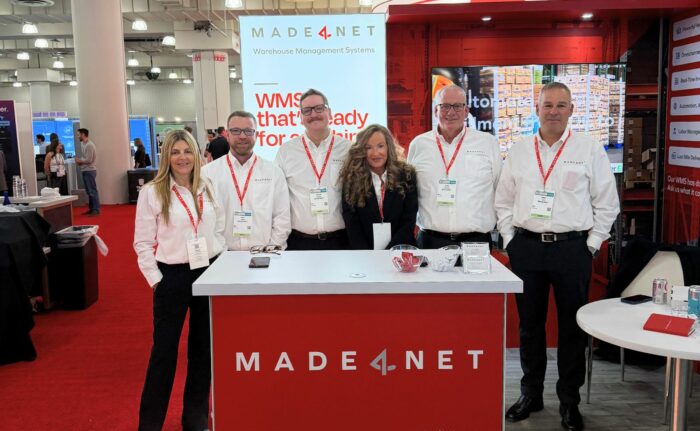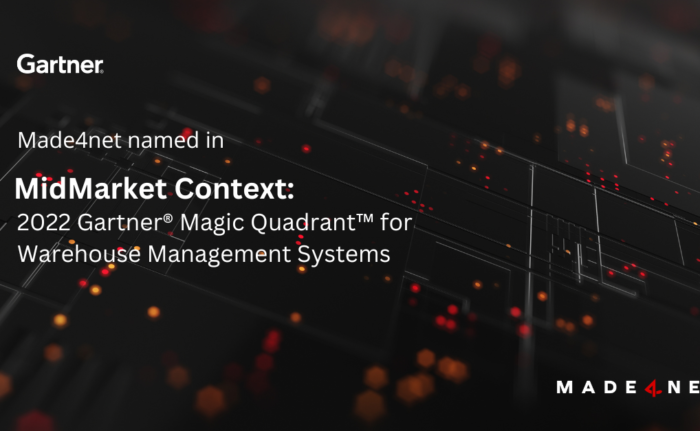
The 2025 MHI Annual Industry Report, drawing insights from more than 700 global supply chain leaders, reveals a familiar but pressing theme: talent is still one of the industry’s biggest challenges. While inflation, economic uncertainty, supply chain resiliency, and inventory pressures all ranked highly, workforce and talent shortages remain a defining barrier to success.
John Paxton, CEO of MHI, set the tone for this year’s report with this opening statement, “The future of supply chains will center around striking the right combination of human talent and technology to enhance efficiency, transparency, and sustainability.”
This balance is critical. As digital supply chains accelerate with technologies like AI, machine learning, and IoT, leaders recognize that people—not just technology—will determine whether transformation succeeds.
Why Talent Matters More Than Ever
Traditionally, supply chains have been about linear execution—standard processes, repeatable workflows, and efficiency at scale. But today, agility and innovation are just as important as execution. Competitive advantage now depends on how effectively humans and technology complement one another. Per the report:
- Technology enhances humans by automating repetitive tasks, boosting efficiency, and providing data-driven insights.
- Humans enhance technology by applying creativity, judgment, and adaptability to drive new value.
The challenge? Companies are still struggling to attract, retain, and upskill the right people. Deloitte’s 2024 Global Human Capital Trends survey found that while 73% of companies believe human capabilities must keep pace with technology, only 9% are making progress. That gap creates what Deloitte calls an “imagination deficit”—a shortage of curiosity and adaptability needed to thrive in a rapidly changing environment.
Where Leaders Are Focusing Investments
MHI survey data reveals how companies are addressing workforce challenges:
- Attracting Talent (54%): In a tight labor market with fierce competition for skilled workers, companies are investing in employer branding, compensation strategies, and culture to stand out.
- Continuous Learning and Training Programs (51%): Organizations are moving from one-time training to ongoing skill-building—critical for adapting to new technologies and evolving processes.
- Addressing the Skills Gap and Boosting Retention (43%): Companies are balancing recruitment with efforts to retain existing talent. Retention strategies increasingly focus on job satisfaction, career development, and workplace flexibility.
- Workplace Safety (38%): Safety remains a priority in a physically demanding industry, with investments directly impacting retention and productivity.
- Technology Integration (31%): Highlights that even as automation and AI expand, success depends on how effectively humans and systems work together.
Lower on the list—but notable—are workforce diversity, flexible work arrangements, and inclusive culture. While not yet top priorities, these areas reflect longer-term strategies to build resilient, adaptive, and borderless workforces that extend beyond traditional employment models.
What This Means for Supply Chain Leaders
The data makes it clear: leading organizations are rethinking workforce strategies to build ecosystems, not just headcount. That means:
- Designing continuous learning pathways aligned with emerging tech.
- Building cultures that support retention, engagement, and inclusion.
- Leveraging non-traditional talent pools—from gig and remote workers to automation partners.
- Ensuring safety and job satisfaction remain central to the employee experience.
The future supply chain won’t be powered by technology alone. It will be defined by how effectively organizations blend human adaptability with digital capability. Leaders who invest in both will be the ones that stay ahead.
Looking for more on supply chain talent trends? Download your copy of the 2025 MHI Annual Industry Report to explore the strategies and technologies shaping the future.


